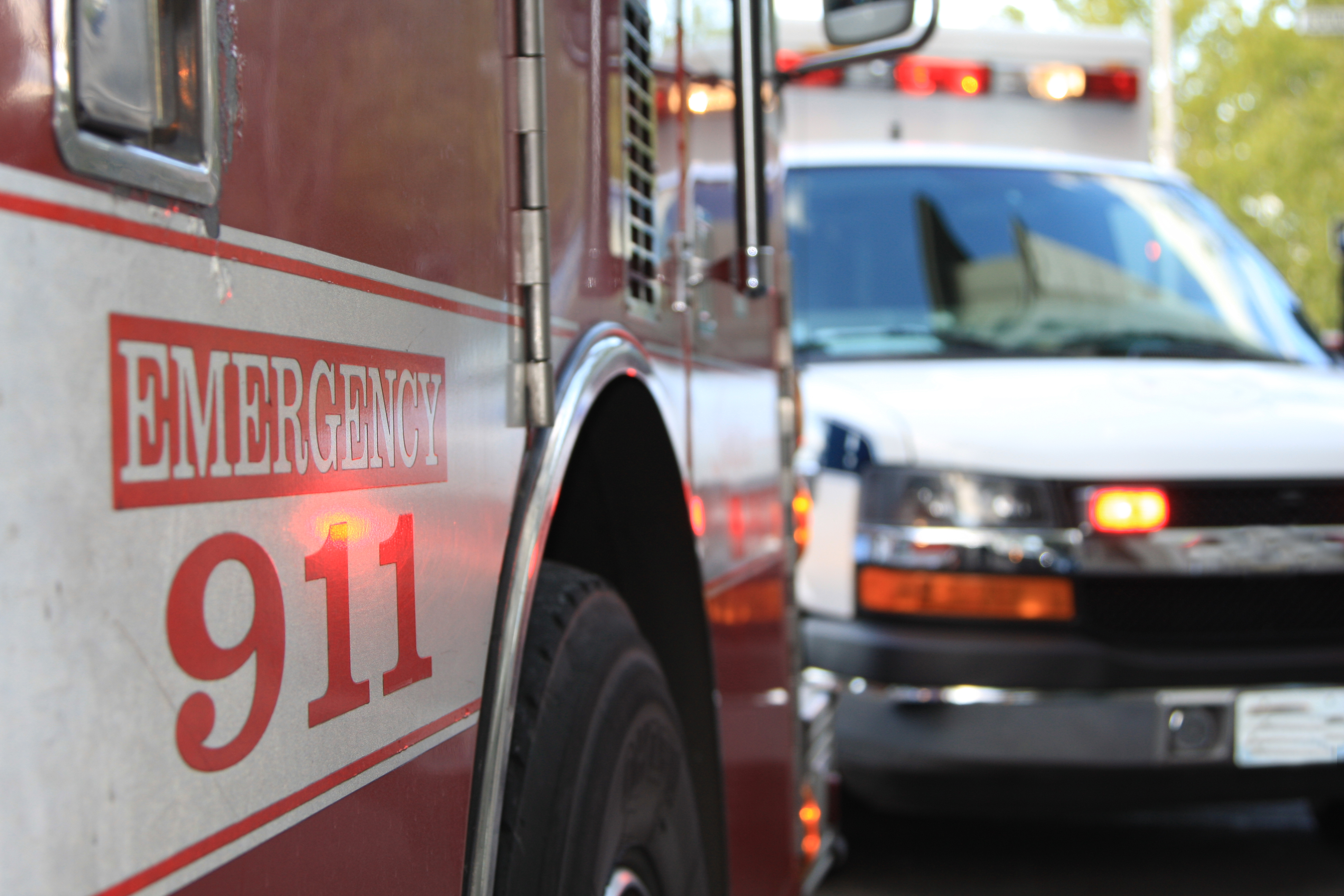The last several years have led to the near elimination of surprise billing, with federal and state legislators finding common ground to limit bills charged to patients who have no choice in their provider and often end up with out-of-network medical bills. However, ambulance billing was not included in the federal or Texas regulations. A Texas law now prevents surprise bills for ambulance rides for those with state health insurance plans.
Emergency physicians and anesthesiologists were the most common providers involved in surprise bills, as patients in an emergency don’t shop for emergency rooms and can’t request individual anesthesiologists. Additionally, when someone calls 911, they don’t pick which ambulance company comes to pick them up. Research shows that one in four ambulance rides results in a surprise bill and that nearly 60 percent of ambulance providers (which are both private companies and public entities) are out of network.
Bipartisan State Bill 2476 prohibits out-of-network ambulance providers from sending patients surprise bills and requires insurers to cover the costs based on local rates set by counties and cities. The law passed last fall and went into effect on January 1. If there isn’t a local ambulance rate, the insurers will pay the lesser of 325 percent of the Medicare reimbursement rate or the full billed charge.
The process simplifies the initial surprise bill process that has led to numerous lawsuits filed by the Texas Medical Association that have challenged the process for settling a surprise bill as directed by the federal No Surprises Act. Much of the conflict centers around determining the final rate, which factors can be considered, and how much weight those factors have in the final decision. This bill simplifies that process.
As a state bill, the new rules only cover those on state healthcare plans, like state employees and teachers, which includes around one in three Texans. The rest of the state, whose insurance plans are governed by private insurers and federal programs, will need federal legislation to impact surprise bills on ambulance rides. Because ambulances are somewhere between traditional healthcare and emergency response like police and fire departments, those charges were left out of previous state and federal surprise bill legislation.
A federal task force is currently exploring what to do about surprise bills in ambulance rides. It is considering capping ambulance copays at $100, eliminating surprise or balance billing, or eliminating arbitration and setting a standard like what exists in Texas. The panel explored setting the rate at what Medicare pays for an ambulance ride but didn’t recommend a specific percentage of Medicare as a payment cap as in SB 2476.
SB 2476 bill sunsets in 2025 in the hope that federal legislation will make it obsolete by then. “Hopefully the federal government will come up with something,” says Texas Association of Health Plan CEO Jamie Dudensing. “The insurance plans are against paying billed charges, and the ambulance industry has been against mediation, so this was something in between. We are waiting for the federal decision.”
Author







